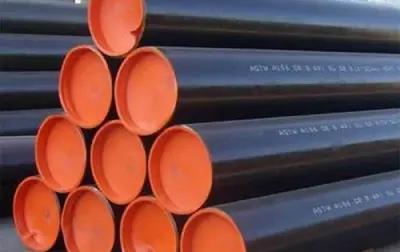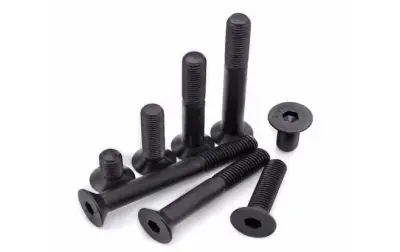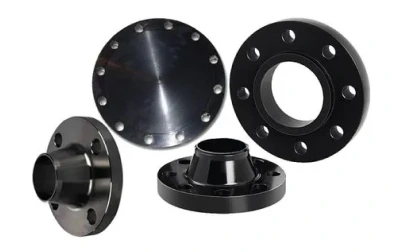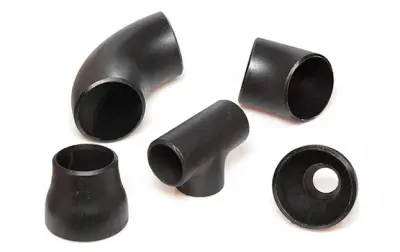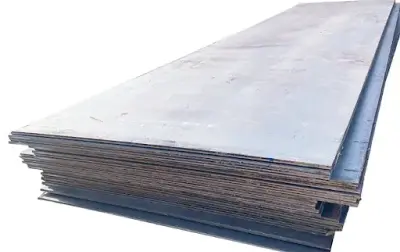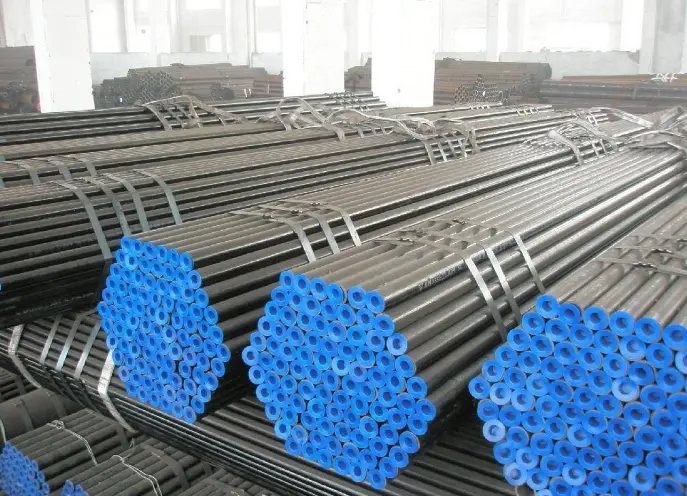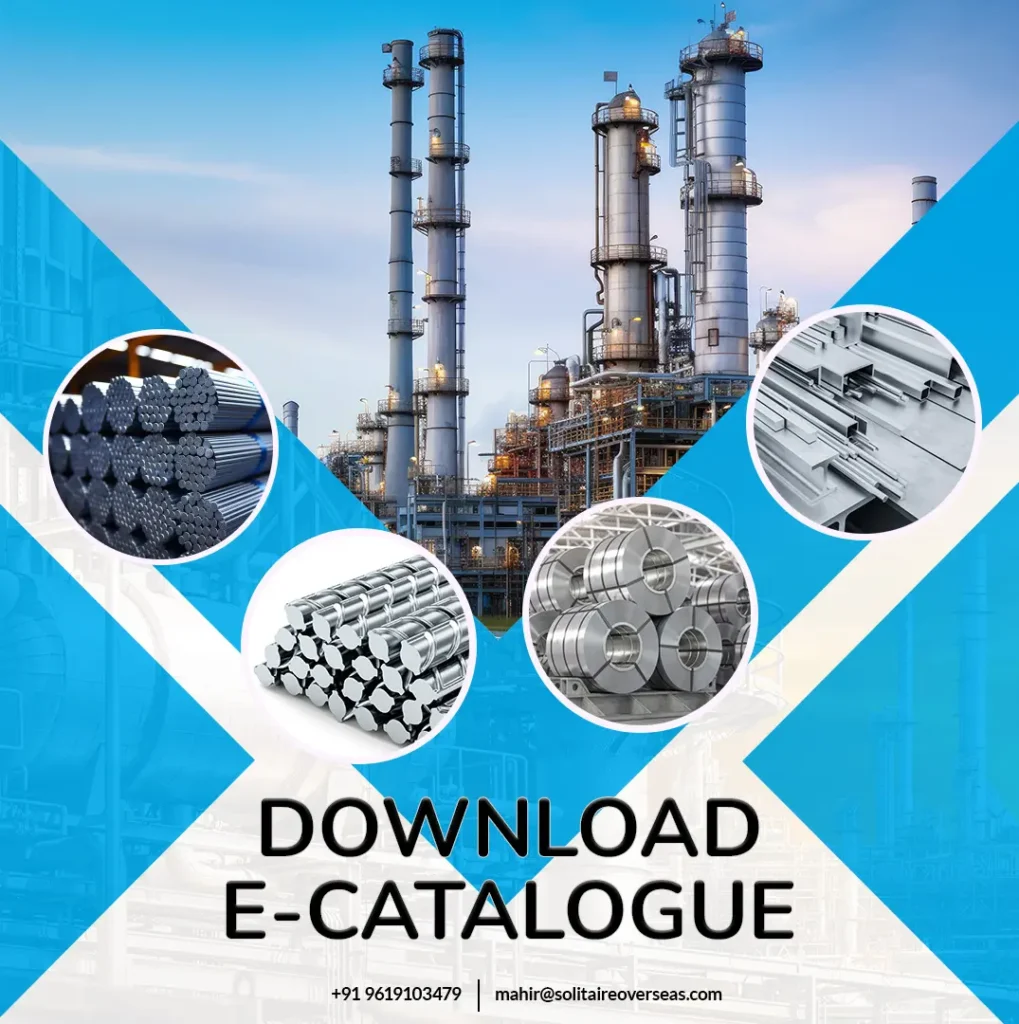Carbon Steel Manufacturer, Exporter & Supplier - CS Flanges, Carbon Steel Fittings, CS Butt weld Pipe Fittings, Carbon Steel Sheets & Plates, Pipes & Tubes.
Carbon steel is an iron-carbon alloy with carbon content of up to 2.1% by weight. This higher carbon level gives the material excellent tensile strength, making it ideal for use in construction projects like buildings and bridges, as well as in everyday items such as refrigerators and washing machines.
At Solitaire Steel, we supply carbon steel products globally, meeting ASTM, ASME, and EN standards. Our range of carbon steel grades is widely used in heat exchangers, industrial boilers, and pressure vessels, offering reliable performance even in challenging conditions.
Types of Carbon Steel Products
Supply and Exporter Carbon Steel Products
Taiwan, Mexico, Iran, Namibia, Afghanistan, Netherlands, Nepal, Ireland, Libya, Morocco, Iran, Switzerland, Finland, Slovakia, Pakistan, Australia, Serbia, Angola, China, Philippines, Czech Republic, Belgium, Estonia, Costa Rica, Croatia, Sweden, Venezuela, Colombia, India, Belarus, Jordan, Azerbaijan, Mongolia, Vietnam, Ghana, Iraq, Algeria, Puerto Rico, New Zealand, Singapore, Indonesia, Ukraine, Israel, Mexico, Hong Kong, Bhutan, Germany, Brazil, Plan, Yemen, Malasiya, USA, Cambodia, Laos, Uganda, Tanzania, Sudan, Democratic Republic of Congo, zambia, Ethiopia, Brunei, Madagascar, Niger, Mali, Bangladesh, Bolivia, United States, Ecuador, Lebanon, Italy, South Korea, Denmark, Norway, Sri Lanka, Zimbabwe, Japan, Yemen, Oman, Portugal, Lithuania, Canada, Macau, Bahrain, Austria, Bulgaria, Spain, Kenya, United Kingdom, United Arab Emirates, Kazakhstan, Egypt, Saudi Arabia, Gambia, Argentina, Romania, Tibet, France, Chile, Gabon, South Africa, Trinidad & Tobago,Tunisia, Turkey, Nigeria, Peru, Russia, Chile, Nigeria, Hungary, Qatar, Greece, Malaysia, Kuwait, Poland, Thailand, Poland,Germany, Belgium, Italy, Turkey, Denmark and UK.
FAQs
Carbon steel is an iron-carbon alloy with less than 2% total alloying elements. Key compositional limits include up to 0.6% copper, 1.65% manganese, 0.04% phosphorus, 0.6% silicon, and 0.05% sulfur. No other elements are intentionally added to alter its properties.
In steelmaking, carbon is added in the form of solid carbon sources like graphite or carbon black. These materials are either mixed into the steel alloy during melting or added as a separate step afterward to achieve the desired carbon content.
Carbon steel’s disadvantages include difficulty in bending and shaping due to its strength, which limits its versatility. It is also more susceptible to rust and corrosion compared to other steels, requiring additional protection or coatings to prevent deterioration in harsh environments.

